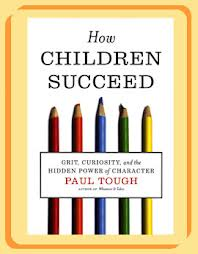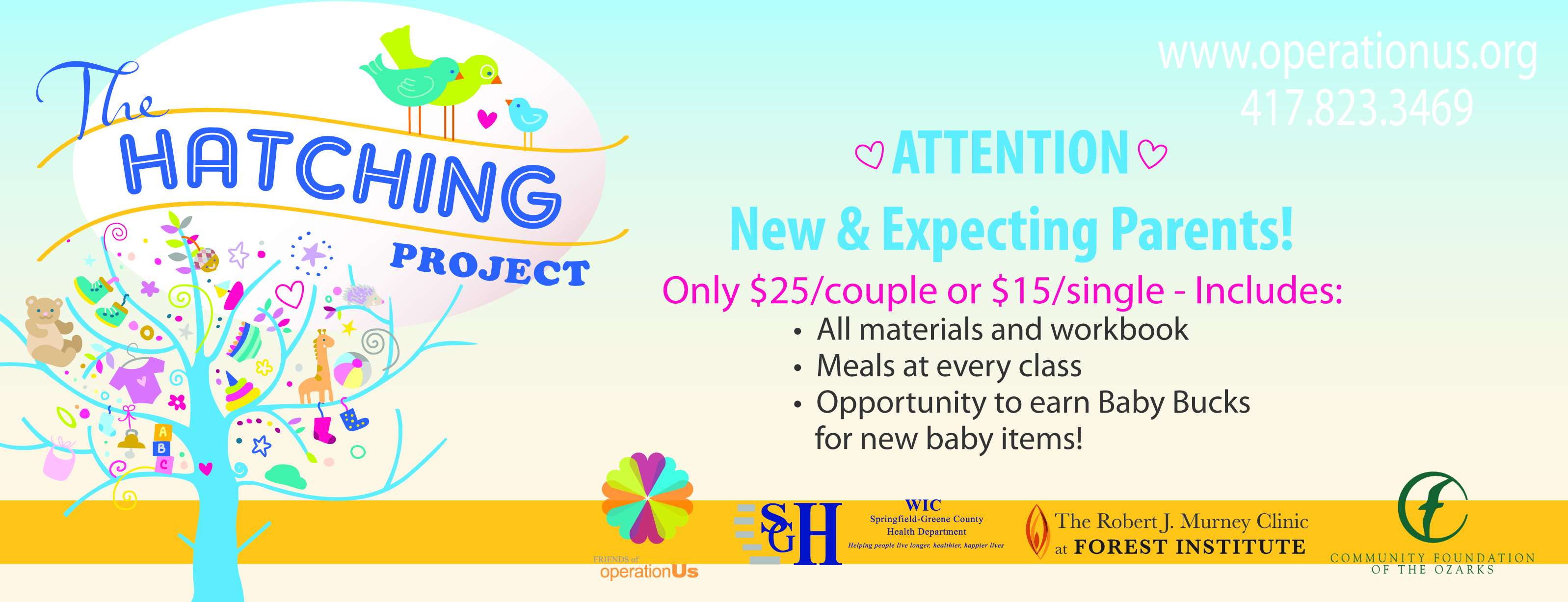 I know from personal experience that being a parent is not an easy job. There were many mornings when, after I had delivered our offspring to the front door of the school where their father was the principal, I marched into his office and exclaimed, "I've had it. I'm hanging up my motherhood badge. I cannot endure the morning madness another day. You will have to take over."
I know from personal experience that being a parent is not an easy job. There were many mornings when, after I had delivered our offspring to the front door of the school where their father was the principal, I marched into his office and exclaimed, "I've had it. I'm hanging up my motherhood badge. I cannot endure the morning madness another day. You will have to take over."
My husband would look at me sympathetically, like he might at any frazzled young mother and say, "I know. I couldn't do it. If I had to do what you do, I couldn't function at work. It would throw my whole day off. I simply haven't got the hormones for the job. That's why I leave the house before they get up."
And that was the end of it. He expressed sympathy and moved on. That's pretty much when I figured out that I was the only mother those two kids were ever going to have and somehow we were going to have to survive. Today, a couple of decades and seven grandchildren later, I wonder what I was so worried about. They turned out fine. Both graduated from college. Both married wonderful people. And both are great parents. Like me, they struggle with the frustrations of parenthood at time, but they seem to take it in stride better than I did. Perhaps they have their father's genes . . . or perhaps they're aware of the latest research on what it really does take for kids to succeed in this world. Maybe they know what really matters.
How Children Succeed
A few months ago a fascinating book by Paul Tough, How Children Succeed, was released. In it, Tough reflects on his own journey to find a good school for his son. Early on he notes that "The conventional wisdom about child development over the past few decades has been misguided. We have been focusing on the wrong skills and abilities in our children, and we have been using the wrong strategies to help nurture and teach those skills." He goes on to suggest that what we are learning now has the "potential to change how we raise our children, how we run our schools, and how we construct our social safety net." This got my attention. As a parent, educator, psychologist and grandparent, I wondered what we might learn to guide us to help the children of today become the adults of tomorrow.
How Children Fail
As the subtitle of Tough's book suggests, there are three basic things researchers have identified as critical to our children's success. They are "grit, curiosity and the hidden power of character," but before Tough talks about what children need to succeed, he talks about how children fail. I wasn't surprised to see that failure is most often directly related to events in a child's family. In brief, they are as follows:
1) A traumatic home life often associated with being raised by a single or never-married parent.
I want to be clear. Single-parent homes are not the cause of failure for children. Many children from single-parent homes succeed. The problem is that statistically, a larger number do not. Many are the victims of numerous traumatic experiences due to family instability; this is the source of the problem.
2) Chronic stress associated with a child's home and neighborhood, e.g. having an alcoholic or drug-dependent parent, experiencing family violence, and parental absence.
Data from the Adverse Childhood Experiences (ACE) study is clear. Children, who undergo a significant number of adverse experiences in childhood – those resulting when they live in unsafe, unstable homes, develop differences biologically and neurologically impacting them for the rest of their lives.
3) Emotional or psychological problems impacting cognitive ability and school performance.
It pretty much goes without saying children impacted by items 1 and 2 above, are far more likely to be impacted by depression, anxiety and feelings of hopelessness. Not surprisingly, these impair their ability to perform academically.
4) Poor parenting resulting in poor parent-child attachment.
A stressed-out parent is often a poor parent—the kind of parent who is so overwhelmed by life that she or he has little in reserve to give to a child. Parents who are physically and emotionally withdrawn from their children fail to create safe, warm, loving environments that help children thrive.
5) Poverty-associated stress.
Here it's important to differentiate between "poverty" and "poverty-associated stress." There's little doubt that being poor is stressful, but children growing up in poor stable homes appear to develop resilience, grit, determination and perseverance that can help them succeed in life. The problem with poverty is that it is most often associated with unstable home environments, few parenting resources, dangerous neighborhoods and poor schools. We need to make a distinction between the two because helping alleviating poverty alone will not necessarily help children succeed. Helping their parents form safe and stable homes is also necessary.
Who Do You Know?
Do you know someone raised in less-than-ideal circumstances who managed to succeed? Are you aware of folks who overcame poverty to build a healthy life and family? Next week we'll begin looking at qualities common to success for children and consider how they might be encouraged.







